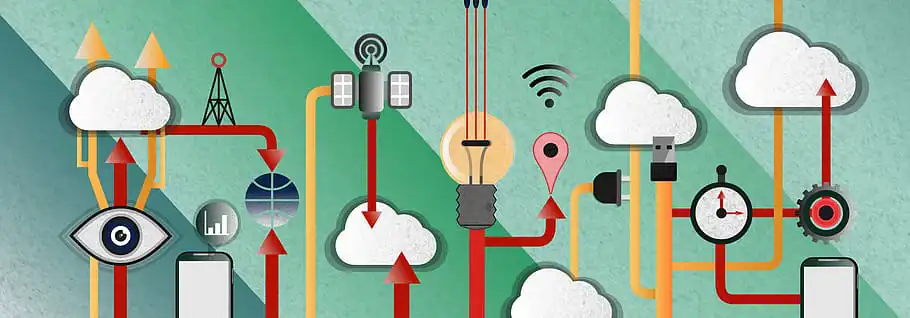Acclaimed actress Scarlett Johansson recently made headlines due to her legal endeavors, standing against the unlawful usage of her striking voice by digital application makers. These developers leveraged Advanced Artificial Intelligence (AI) technologies to mimic the actress's voice, thus infringing upon her rights.
The legal confrontation ignited after the Smooth Partnership launched an application featuring Johansson's voice. The actress' legal team was quick to respond, citing 'a deliberate violation' of the actress’s right to control the commercial use of her identity. The controversy has sparked an ongoing debate on AI usage and its ethical implications.
The situation highlighted the legal complexities emerging from the convergence of AI technologies and intellectual property rights. Unauthorized utilization of an individual’s likeness for commercial applications becomes potentially damaging and deceptive, raising serious legality questions.

The lawsuit seeks an injunction against the developers from misusing Johansson's voice for commercial gains. It states that the full extent of the damage caused is yet to be determined but maintains commercial implications are undeniably evident.
Addressing the legal parameters of the situation, the complaint put forward three principal allegations against the developers, including false endorsement, violation of right of publicity, and deceptive business practices. The lawsuit evokes significant consideration on the part of copyright law, especially around emerging technologies like AI.
False endorsement occurs when a person’s identity is incorrectly linked with a product or service, portraying a wrong image for commercial gains. The lawsuit alleges that app creators falsely endorse the impression that Johansson has endorsed their AI app, which is completely misleading.
Right of publicity is an individual’s exclusive right to control the commercial usage of one’s identity. The app makers' unauthorized usage of Johansson's voice for an AI app clearly violates this unique property right and its confidentiality dimensions.
Deceptive business practices refer to providing misleading information or creating deceptive impressions of a product or service. The AI application creators can be seen as guilty on this front, as users may have misconceived that Johansson herself lent her voice to the AI app.
The lawsuit asserts that the developers' actions affect more than just Johansson’s intellectual property rights. It expresses a considerable concern for potential users who might be misled by the AI app.
The lawsuit underlines the broader implications of misuse of someone's identity, including voice, in commercial applications. In the case of Johansson, it's more than just money; her reputation is also on the line, which pushes the boundary of ethical AI usage.
This legal battle proves to be a lesson for the tech industry, elucidating the importance of considering the legal and ethical implications of their creations. The AI industry must pay attention to the rights of individuals when developing new applications or technologies, in an effort to avoid similar lawsuits.
Important questions about the legal framework for AI usage are raised through this lawsuit. Does existing legislation sufficiently regulate AI technologies? Does it protect individuals from having their voice or likeness used without permission?
This lawsuit also raises direct questions about the ethics of AI technologies. The line between innovation and intellectual property breach becomes blurred as AI technologies continue to evolve. How can the industry ensure they trudge on the right side of that line?
These questions have no simple answers, and they form part of a wider conversation on the future of AI technologies. Could this lawsuit force radical changes in current AI practices and pave the way for stronger regulations?
The Johansson case may serve as a landmark moment in the history of AI technology and intellectual property rights. It could translate as a turning point in setting legally and morally binding guidelines for AI applications in a way that respects individual rights.
The enforced regulations following this lawsuit may indeed affect the way AI technologies are developed and used, prompting software developers to tread cautiously. The industry needs to navigate the fusion of modern tech with intellectual property laws to prevent such controversies in the future.
The battle between Johansson and the AI app makers is just beginning, and the lawsuit's outcome could set a significant precedent for future cases. It would establish a framework that dictates how AI technologies should correspond to intellectual property rights.
This case also brings the concept of AI ethics to the forefront, serving as a stern reminder to developers about the importance of respecting individuals' rights. The legal outcome of this lawsuit could transform copyright laws and have profound implications for tech innovators.
As we closely observe Johansson's pursuit of justice, it is undeniable that this private legal battle may have far-reaching public implications. The conclusion of this case might act as a legal caution for future AI innovation and operation.